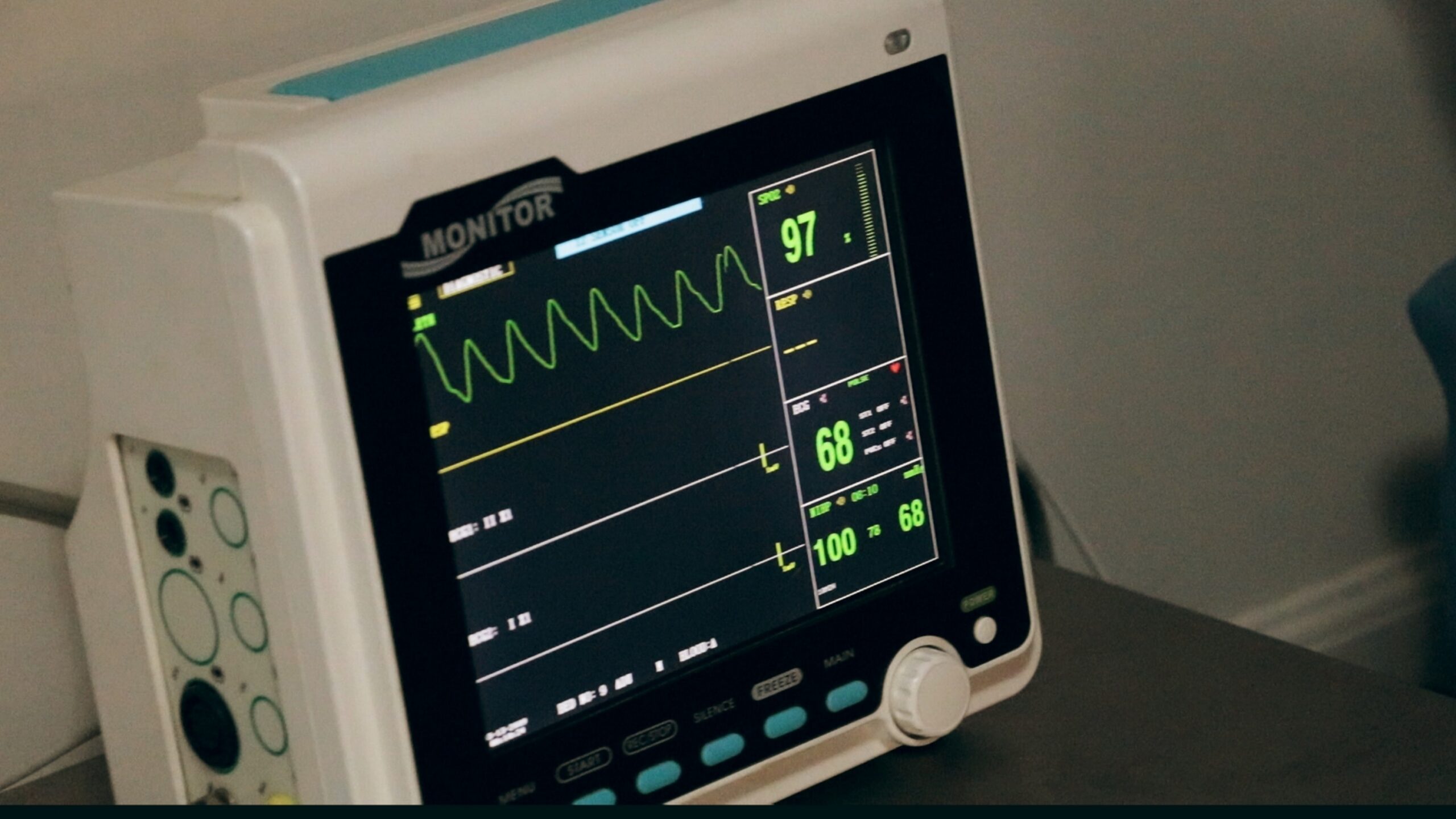Key Steps to Prevent Cardiac Arrest

Cardiac arrest is a sudden loss of heart function, which can be fatal if not treated immediately. While it can affect anyone, there are certain risk factors that increase the chances of experiencing this life-threatening event. However, by taking preventive measures, you can significantly lower your risk. Here are some key steps you can take to prevent cardiac arrest.
1. Maintain a Healthy Lifestyle
One of the most effective ways to prevent cardiac arrest is by adopting a healthy lifestyle. This includes eating a balanced diet, rich in fruits, vegetables, whole grains, and lean proteins. Avoiding excessive salt, sugar, and unhealthy fats can also help reduce the risk of heart disease, which is a major cause of cardiac arrest.
In addition to a healthy diet, regular exercise is crucial for maintaining a healthy heart. Aim for at least 150 minutes of moderate-intensity aerobic activity or 75 minutes of vigorous-intensity aerobic activity per week. Engaging in physical activities such as walking, jogging, swimming, or cycling can improve cardiovascular fitness and reduce the risk of cardiac arrest.
2. Manage Underlying Health Conditions
Several underlying health conditions can increase the risk of cardiac arrest. These include coronary artery disease, high blood pressure, diabetes, and obesity. Proper management of these conditions is essential in preventing cardiac arrest.
If you have any of these conditions, work closely with your healthcare provider to develop a personalized treatment plan. This may include taking medications as prescribed, monitoring your blood pressure and blood sugar levels regularly, and making necessary lifestyle changes to manage your condition effectively.
3. Avoid Tobacco and Limit Alcohol Consumption
Smoking is a major risk factor for heart disease and cardiac arrest. The chemicals in tobacco smoke can damage the blood vessels and increase the risk of blood clots, which can lead to a heart attack or cardiac arrest. Quitting smoking is one of the best things you can do for your heart health.
Additionally, excessive alcohol consumption can also contribute to heart problems. Limit your alcohol intake to moderate levels, which means up to one drink per day for women and up to two drinks per day for men. If you have difficulty controlling your alcohol consumption, seek help from a healthcare professional.
4. Learn CPR and Use an Automated External Defibrillator (AED)
Cardiopulmonary resuscitation (CPR) is a life-saving technique that can be performed by anyone in the event of cardiac arrest. Learning CPR can significantly increase the chances of survival for someone experiencing cardiac arrest before medical help arrives.
In addition to CPR, having access to an automated external defibrillator (AED) can also improve survival rates. AEDs are portable devices that deliver an electric shock to the heart to restore its normal rhythm. Many public spaces, such as airports, shopping malls, and schools, are equipped with AEDs.
5. Regularly Check Your Heart Health
Regular check-ups with your healthcare provider are essential for monitoring your heart health and detecting any potential issues early on. They can perform tests such as an electrocardiogram (ECG), stress test, or echocardiogram to assess your heart function and identify any abnormalities.
If you have a family history of cardiac arrest or other heart problems, it is important to inform your healthcare provider. They may recommend additional tests or preventive measures to further reduce your risk.
By following these key steps, you can greatly reduce your risk of experiencing cardiac arrest. Remember, prevention is always better than cure when it comes to heart health. Take care of your heart and prioritize your overall well-being.








